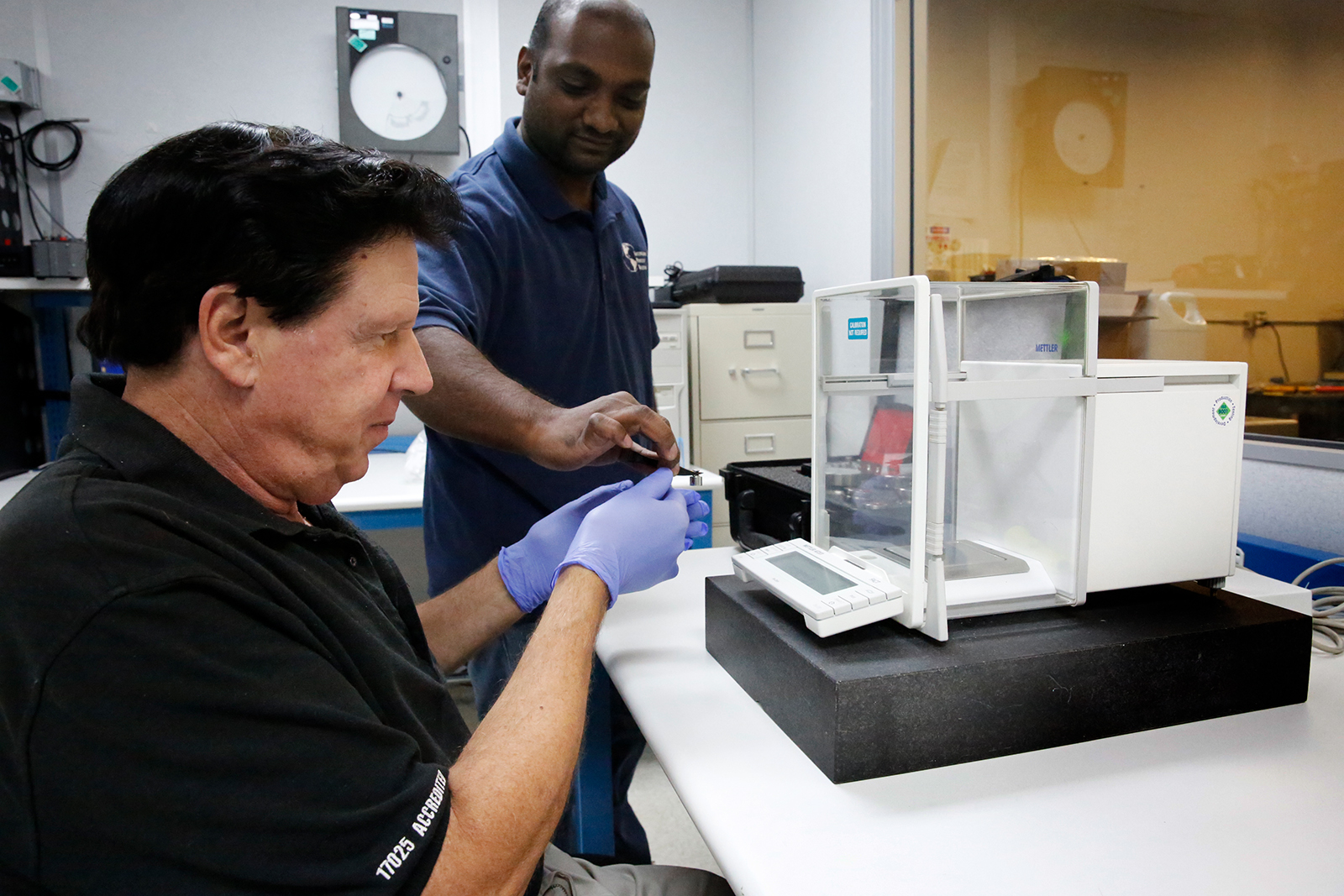
In the realm of mechanical engineering, manufacturing, and various technical fields, the calibration of tools stands as a cornerstone for ensuring both safety and accuracy. Among these instruments, torque wrenches represent a critical component whose precise calibration is not merely beneficial but paramount. This article delves into the essence of tool calibration, with a spotlight on torque wrenches, highlighting its pivotal role in enhancing operational safety and ensuring measurement accuracy.
Calibration is the process of configuring an instrument to provide a result for a sample within an acceptable range. This procedure involves comparing the measurements of two instruments; one with a known correctness (standard), and the instrument being calibrated. The significance of calibration cannot be overstated—it is the foundation upon which safety and accuracy in various operations rest.
A torque wrench is a tool used to apply a specific torque to a fastener such as a nut or bolt. It is fundamental in situations where the tightness of screws and bolts is crucial. Without accurate calibration, there is a risk of either under-tightening, leading to loose parts and potential failures, or over-tightening, which can cause damage to the parts or even catastrophic failure.
Safety is the utmost priority in any operational environment. Properly calibrated tools ensure that machinery and components are assembled correctly and operate within their designed parameters. This precision prevents accidents that could result from the failure of under-tightened components or the breakage of parts due to over-tightening. In high-stakes industries like aerospace, automotive, and construction, the calibration of tools, including torque wrenches, is synonymous with safeguarding lives.
Accuracy in measurements is paramount for quality control and assurance. Regular calibration ensures that tools perform at their optimal level, producing reliable and precise results consistently. This accuracy is crucial for maintaining standards in manufacturing processes, where even minor discrepancies can lead to significant deviations from the desired product quality. For torque wrenches, accuracy in applying the correct torque ensures the integrity and reliability of mechanical assemblies.
Compliance with national and international standards is a critical aspect of calibration. Various standards govern the calibration of tools, including torque wrenches, ensuring that they meet specific criteria for accuracy and reliability. Adherence to these standards not only ensures compliance with regulations but also instills confidence in the accuracy of the tools used in critical applications.
Calibrating a torque wrench involves several steps, including pre-test inspection, adjustment to zero error, and testing at various points across its range. This process requires specialized equipment and expertise to ensure that the wrench accurately measures torque within the specified tolerance. Regular calibration, as recommended by the manufacturer or based on usage, is essential to maintain its precision.
Environmental factors such as temperature, humidity, and even altitude can affect the accuracy of tools. Calibration takes these variables into account, ensuring that the tool performs accurately under specified conditions. For torque wrenches, environmental conditions can affect the material properties and, consequently, the torque applied. Calibration compensates for these effects, ensuring consistent accuracy.
The consequences of neglecting tool calibration extend beyond safety risks and inaccurate measurements. It can lead to increased operational costs due to equipment failure, production downtime, and product recalls. Moreover, the reputational damage from failing to meet quality standards can have long-lasting effects on a business. Therefore, investing in regular calibration is not an expense but a critical component of maintaining high operational and product quality standards.
Selecting a competent calibration service provider is crucial. The provider should be accredited and capable of calibrating tools according to the required standards. They should also provide documentation of calibration, which is vital for audit purposes and maintaining traceability. For industries where precision is non-negotiable, choosing a reputable calibration service ensures that tools like torque wrenches remain reliable and accurate.
In conclusion, the calibration of tools, especially torque wrenches, is a non-negotiable practice critical for ensuring safety, accuracy, and compliance with standards. It underpins the reliability of manufacturing processes, the integrity of constructions, and the safety of operations across various industries. Investing in regular calibration is not merely a regulatory compliance issue but a fundamental aspect of quality assurance and risk management. As we continue to advance in technology and precision engineering, the role of calibration in maintaining the highest standards of safety and accuracy becomes ever more crucial.
No Comments